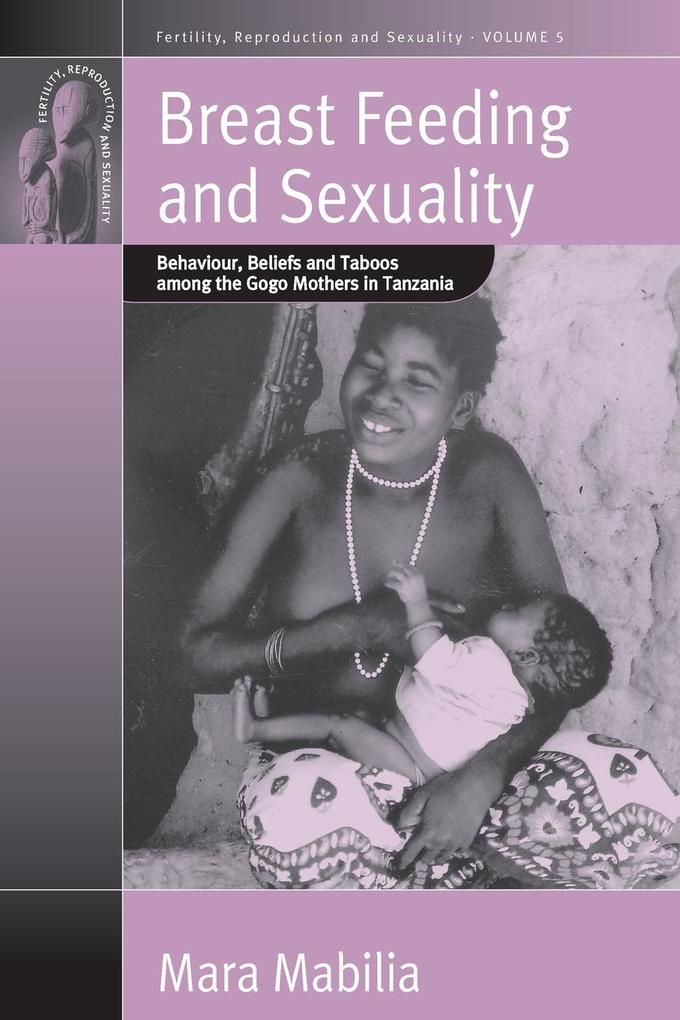Whereas in western countries breastfeeding is an uncontroversial, purely personal issue, in most parts of the world mother and baby form part of a network of interpersonal relations with its own rules and expectations. In this study, the author examines the cultural and social context of breastfeeding among the Gogo women of the Cigongwe's village in Tanzania, as part of the Paediatric Programme of Doctors with Africa, based in Padua. The focus is on mothers' behaviour and post partum taboos as key elements in Gogo understanding of the vicissitudes of the breast feeding process. This nutritional period is subject to many different events both physical and social that may upset the natural and intense link between mother and child. Any violation of cultural norms, particularly those dealing with sexual behaviour, marriage and reproduction, can, in the eyes of the Gogo, put at risk the correct development of an infant with serious consequences both for the baby's health as well as for the woman's image as mother and wife.
Inhaltsverzeichnis
Acknowledgements
Illustrations
Introduction
Chapter 1. Cigongwe
- Towards the village
- Meeting with the village
- Fieldwork
- The route of the research
Chapter 2. The Gogo Women
- The living space
- The house
- Nyumba: physical-residential unit, social-residential unit
- The Gogo woman
Chapter 3. Breast Feeding
- Breast feeding between nature and culture
- The modalities of breast feeding
- Breast milk
- 'Bad milk' in only one breast
Chapter 4. The 'Good Mother', the 'Bad Mother': Diarrhoea as a Sign of Social Disorder
- Inside the problem
- Motherhood and mothering
- The health of the newborn: a challenge to survival
- Post-partum taboos
Chapter 5. Maternal Milk: Indicator of 'Good Mother'
- Breast feeding: a bridge between the different levels of the Gogo social system
- The woman: mother and nurturer
- A brief return to the village
Bibliography
Index












